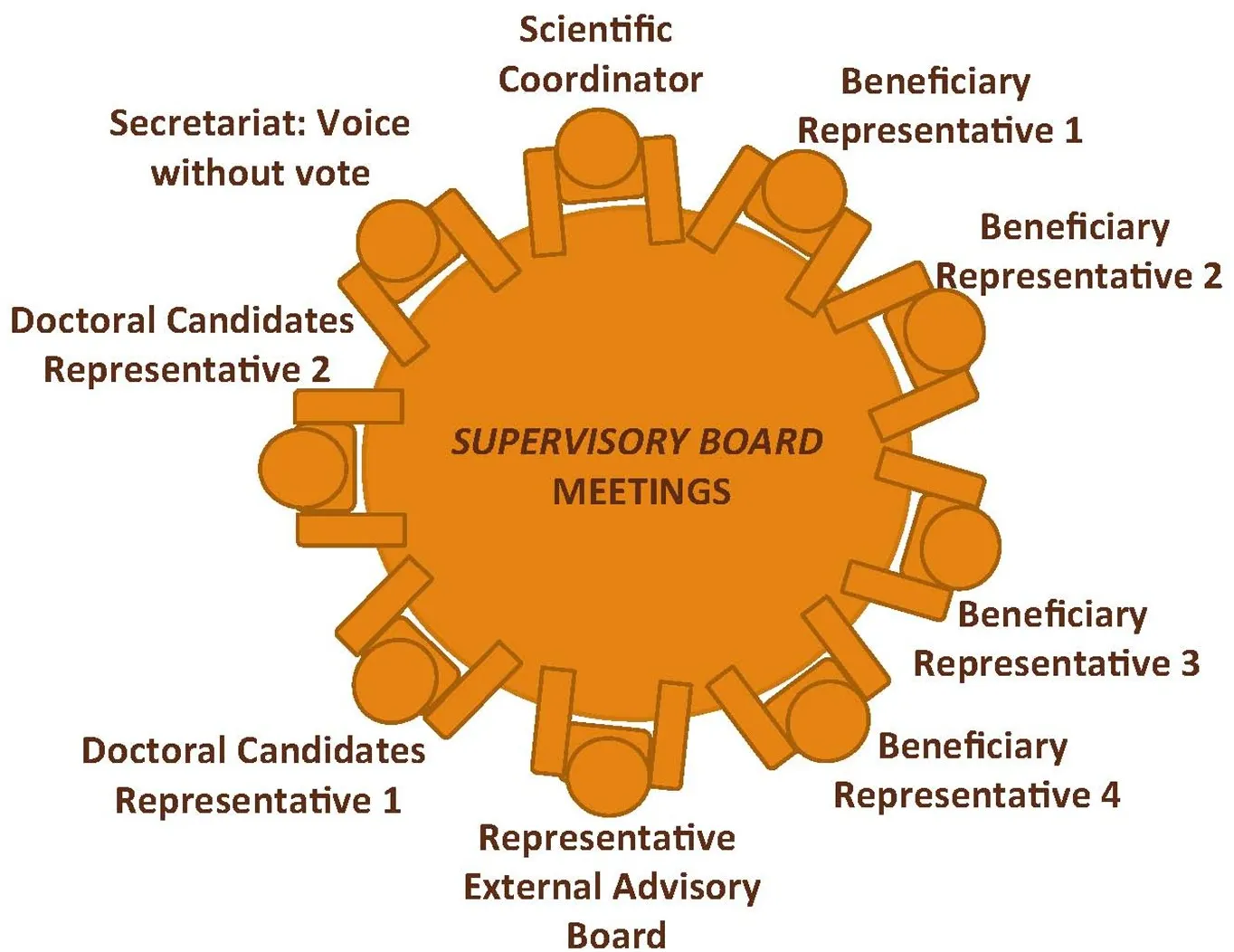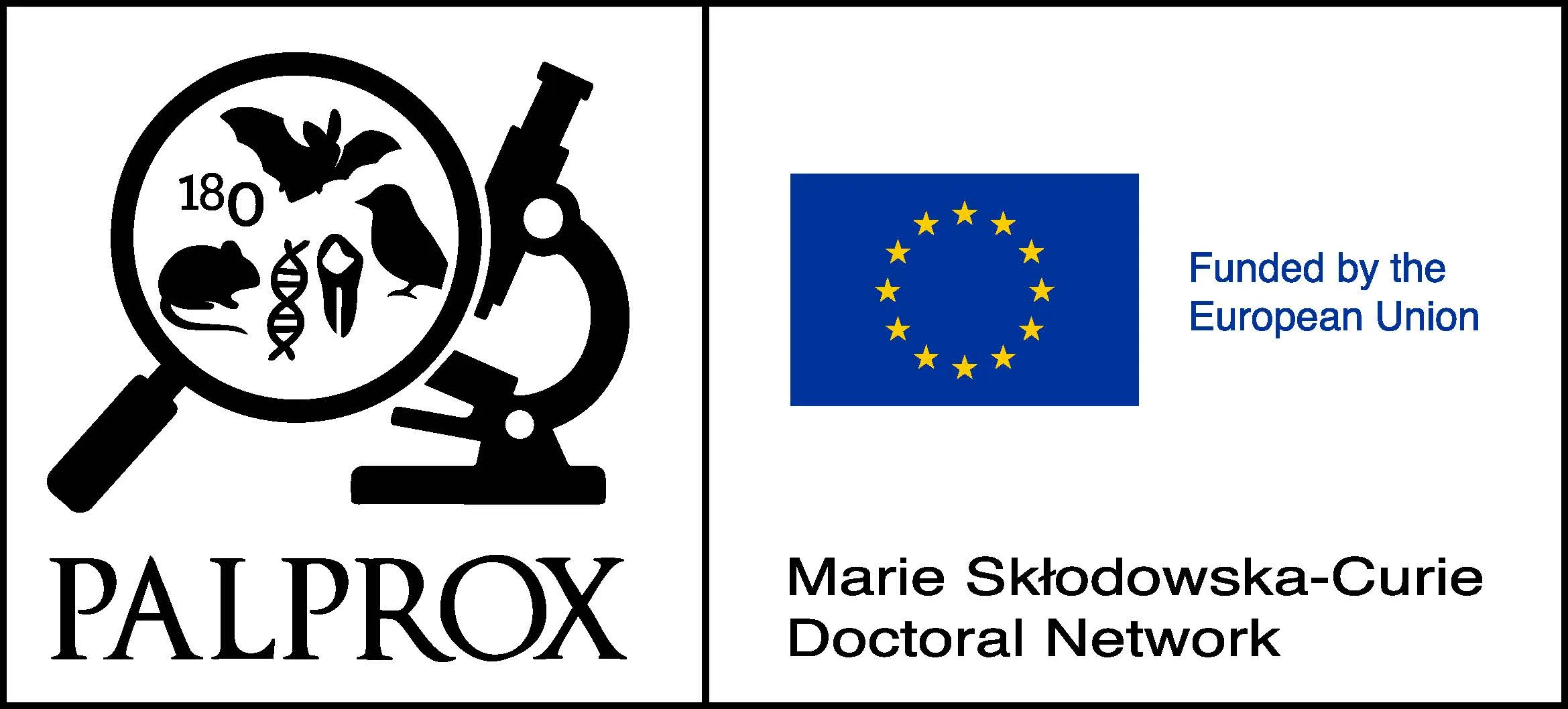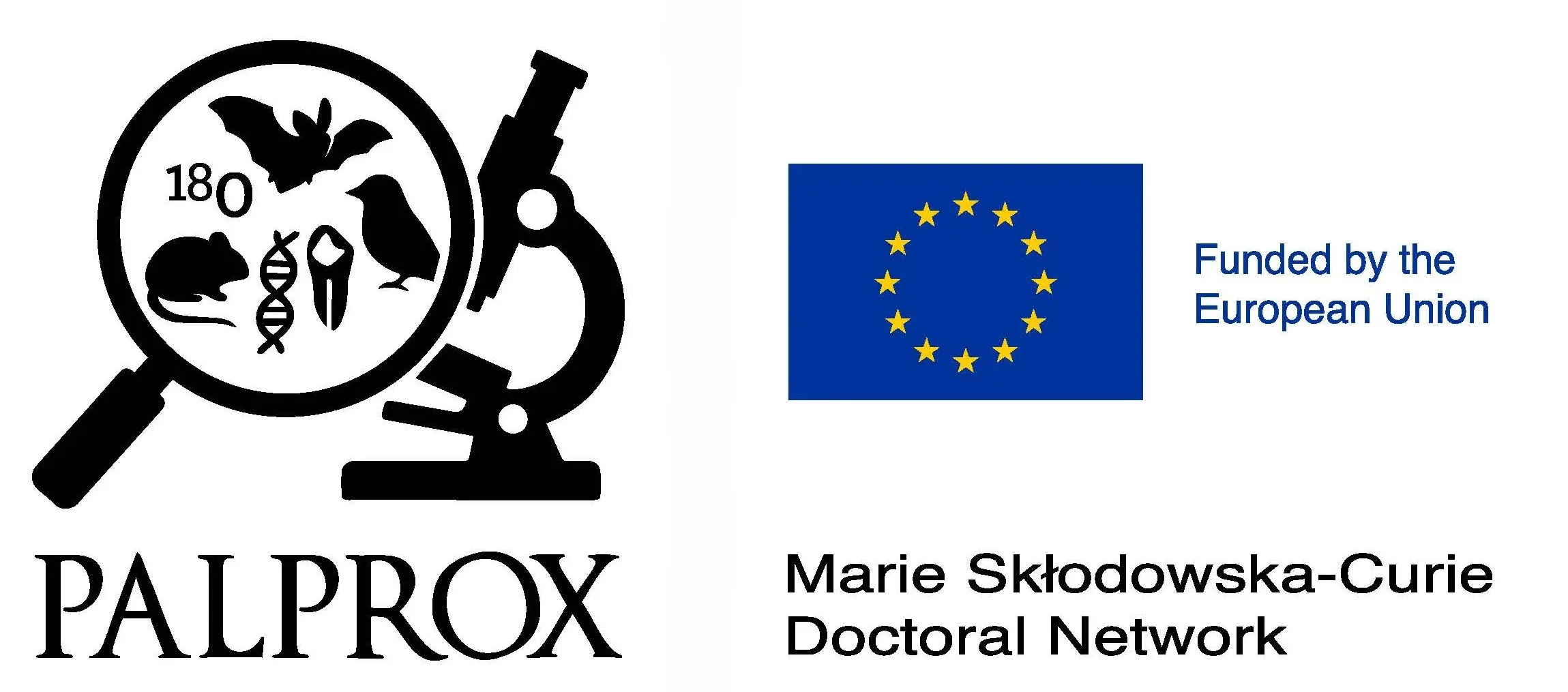
Palprox Governance
The Network governance organisation is composed by five main interlinked bodies managing all the aspects of the Network: The Supervisory Board, an External Advisory Group, a specific Recruitment Committee, only active during the selection fellows process, a Training and Doctoral Studies Committee and an Executive Management Team tackling the daily issues, flowing the information to the upper levels.
The Executive Management Team
It is composed by the Scientific Coordinator, the Officer in Communication, IPR and Exploitation from the beneficiary coordinator, and by the Project Manager who is the liaison officer and channel for communication with the REA Agency, in accordance with the Scientific Coordinator, and the Supervisory Board.
The Supervisory Board
Chair: The scientific coordinator.
One representative of each beneficiary.
One representative of the External Advisory Group.
Two representatives of the Doctoral Candidates, elected by them and rotative.
Secretariat: The Doctoral Network Project Assistant
Recruitment Committee Taskforce
Chair: One representative of the External Advisory Group.
One representative of each beneficiary.
Secretariat: The DN Assistant.
Supervisors and co-supervisors assess IRP candidates.Training and Doctoral Studies Committee
Chair: One representative of the External Advisory Board.
One representative of each beneficiary.
One representative of Associated Partners.
Secretariat: The DN Assistant.
Executive Management Team
The scientific coordinator.
Communication, IPR and exploitation officer.
The Project Manager from the coordinator beneficiary.
EU REA Agency – Project Officer
External Advisory Group
Prof. Marta Arzarello
Prof. Gloria Cuenca-Bescós
Prof. John Stewart
These three scientists, experienced in research, but also in academic management, advice all the governance bodies of the Network. They also participate in the Annual Meetings and in the PALPROX Schools, getting involved with supervisors in the development of a Mentorship Community of Practice.
The Supervisory Board
Is the ultimate decision-making body of the consortium. It is chaired by the Scientific Coordinator (1) and composed by one rotatory representative of each beneficiary (4), one representative of the External Advisory Group (1), and two representatives of the Doctoral Candidates (2), elected by them in a rotative way, and the DN Assistant with the role of Secretariat (1).
Two DC (preferently a woman and a man) elected between themselves represent the DCs in the governance network, within a balanced semester rotation system among all them. Their role at the SB contribute to have an accurate feedback about fellows’ opinions and suggestions within PALPROX training, research and internal workflows.
The Supervisory Board (SB) as the main decision-making body of the Consortium monitors all the Governance Structure. In particular, it coordinates and supervises the activities in line with the MSCA Guidelines on supervision https://marie-sklodowska-curie-actions.ec.europa.eu/about-msca/msca-guidelines-on-supervision, including the integration of the Doctoral Candidates in the Network, but also in their respective University, support to their research, to the training activities, in their mentoring and career development, fostering their well-being, and facilitating communication and conflict resolution.
In addition, in coordination with the Training and Doctoral Studies Committee, the SB must ensure that a Personal Career Development Plan (PCDP) for research and training is put in place for each DC and reviewed at regular intervals every six months. Finally, the SB also establishes communication and exchange of best practices among the consortium to maximise the benefits of the partnership.
In an ordinary way, the SB formal meetings are developed during the Annual Meetings with a defined agenda and creating the binding minutes prepared by the DN Assistant. On the other hand, the results of the anonymised questionaries to the fellows, as a part of planned supervision tools and feedback mechanisms, are presented here by the DN Assistant and discussed in the Supervisory Board.
Operational Issues Management
Any network operational function issues detected is collected by the Project Assistant and the Scientific Coordinator to be discussed in the SB Meetings (or at ad-hoc meeting calls for urgent matters).
Administrative Issues Management
On the other hand, any network administrative function issues detected is collected by the Executive Management Team and discussed in the SB Meetings (or at ad-hoc meeting calls for urgent matters), through the coordination with the Project Assistant and the Scientific Coordinator.
Decision-Making Process
The agreements are endorsed meeting by meeting through the creation of binding minutes, and decisions are taking by consensus. In case there is no consensus, formal vote is used for conflict resolution.
Voting Rights and Conflict Resolution
Excepting the DN Assistant, all supervisory board members have right to one vote. A majority of 2/3 is required to make a decision. In the unlikely event of a dispute between partners, the Executive Management Team, in contact with the REA Agency, will mediate and try to resolve any conflict if consensus is not reached.
The External Advisory Group
The Network has an External Advisory Group, getting involved in important issues and decision-making processes, taking the advantage of the academic and professional experience of its members.
At least one representative of this external group participates in the main important bodies of the network organization, also in a rotatory way: The Supervisory Board, the Recruitment Committee Taskforce, and the Training and Doctoral Studies Committee. In addition, they are involved in the Annual Network Meetings, having a role in the development of a Mentorship Community of Practice, giving advices both to supervisors and supervisors, as well to the DCs, delivering lectures and participating of the common activities.
It is composed by three scientists, experts in research in the related fields of the Doctoral Program, but also experienced in academic management in higher education programs.
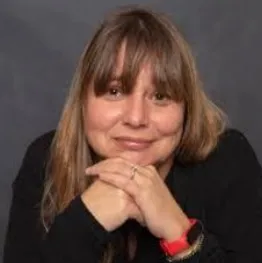
Marta Arzarello
University of Ferrara (Italy)
The archaeologist Prof. Marta Arzarello. She is the coordinator of theDoctorate in Human Sciences at the Department of Humanistic Studies in the University of Ferrara (Italy),being also Member of the Academia Europaea and General Secretary of the UISPP (International Union ofPrehistoric and Proto-Historic Sciences) among other. She is experienced in the evaluation and boardcommittee of in different calls from the H2020-MSCA-IF program.
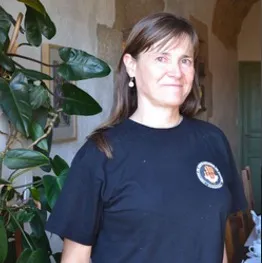
Gloria Cuenca-Bescós
University of Zaragoza (Spain)
The palaeontologist Prof. Gloria Cuenca-Bescós. She is currentlyVice-Rector for Technological Transfer and Innovation at the University of Zaragoza (Spain). This positionallows her to learn about, participate in and support various Citizen Science projects that are being developedat the University of Zaragoza, such as Ibercivis, the Museum of Natural Sciences, the Sobrarbe and RioMartín Cultural Parks, Loarre, Arén, Teruel, among others. As a scientist, she is interested in the impetus thatcan be given to female researchers to encourage young women to study and research using the scientificmethod.
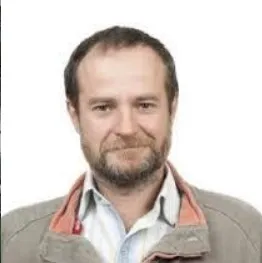
John Stewart
Bournemouth University (UK)
The palaeoecologist Prof. John Stewart. He is Professor inEvolutionary Palaeoecology at Bournemouth University (UK) with broad research interests encompassingthe use of faunas in reconstructing Pleistocene and Holocene ecologies understanding the nature, timing andlocation of ice age refugia for species, and building and testing molecular biogeographical hypotheses onhow species respond to environmental change (in collaboration with ancient DNA practitioners). He is alsointerested in the relationship between species and subspecies level evolution and extinction during theQuaternary; and more recently the use of Quaternary data in conservation biology.
* The Supervisory Board and the Executive Management Team gives to the External Advisory Group theestablishment of its own mechanisms of communication, besides the Network ones, facilitating them byusing the common platforms and channels of internal communication of the Network.
The Recruitment Committee Taskforce
A specific taskforce has been created only for the recruitment process that is expect to spend around 4months (16 weeks). However, this body remains ready to be reactivated if necessary. It is chaired by one4representative of the External Advisory Group and composed by one representative of each beneficiary, anda secretariat, having in charge of the coordination and administrative procedures. In addition, the supervisorsand co-supervisors have been also specifically nominated to evaluate the candidates of the IRP under theirdirection.
The Training and Doctoral Studies Committee
This committee is chaired in a rotatory way by a representative of the External Advisory Group, and iscomposed by one representative of each beneficiary, who acts on behalf of the mentors of each DC, onerepresentative of the Associated Partners, and a secretariat, having in charge of the coordination andelaboration of minutes.
The roles of this committee are:
To act as a Research Coordination Committee, monitoring the general progresses of the IndividualResearch Projects and their real degrees of interdisciplinarity.
To pipeline the development of a Mentorship Community of Practice, activating formal discussions duringthe Annual Meetings with the Supervisory Board.
To organise and monitor all the Network Wide Training Events (NEWTE), especially for the developmentof the compulsory workshops and online courses planned.
